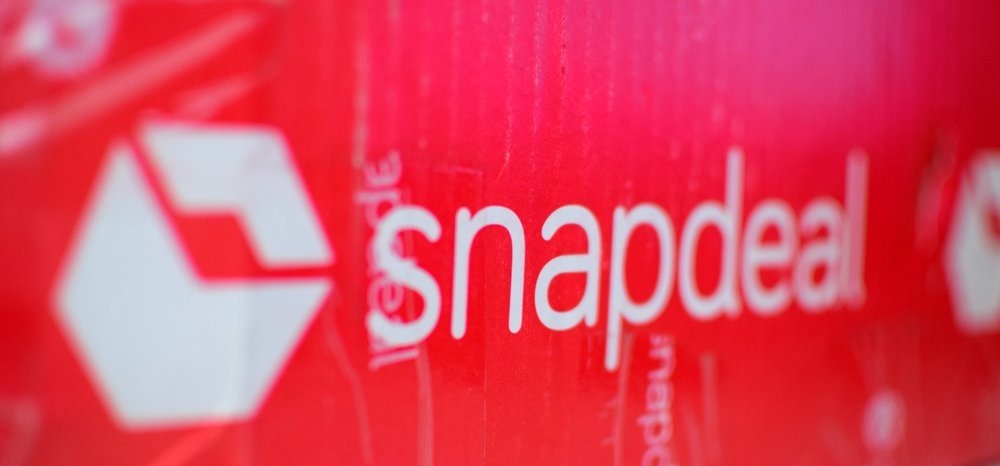Snapdeal Launches Wallet on Delivery Due to CoD Issues Post Currency Demonetization

The day when Rs. 500 and Rs. 1000 notes got banned received a lot of mixed responses from the citizens of India. There were huge losers of money, but the biggest gainers were digital payment platforms like Paytm, FreeCharge and MobiKwik.
Since the currency ban, E-commerce has shut down cash on delivery and instead has started promoting card on delivery, or prepaid payments through credit cards, debit cards and digital wallets. Now, the companies have started another payment method – Wallet on delivery.
Partnering with FreeCharge, Snapdeal has launched wallet on delivery for payments across India. All you need to do is top-up your FreeCharge account, select wallet on delivery after confirmation of order and pay to the delivery person through your FreeCharge wallet at the time of delivery.
It is similar to card on delivery, except all your money is stored digitally. You do not need to worry about change, you can pay the exact amount easily through the wallet. This feature is rolling out now across the country.
Kunal Bahl, CEO & Co-founder – Snapdeal said, “The launch of Wallet on Delivery is an absolute need of the hour for consumers. The launch of this new feature by FreeCharge shortly after the announcement of the demonetization of Rs.500 and Rs.1000 currency notes demonstrates our speed of execution in ensuring consumers’ needs are met in real time.”
What Other Implications could Digital Wallets have?
Since arranging cash has now become a big deal for people in India, companies like Paytm, MobiKwik and FreeCharge are promoting themselves to a different segment of the society. Users of digital wallets in the country have been limited to cab rides, small kirana stores and even public transport.
However, the companies now want to expand this service to all transactions – even ones that involve large sums of money. This means education, weddings, automobile purchase and even flight tickets should be purchased through digital wallets.
India doesn’t have NFC technology well integrated into the payment systems, and Apple Pay, Samsung Pay and Google Wallet haven’t been launched in India yet. RBI’s UPI app will be a revolution in this space, and this will pave way to cashless transactions.
All we now need is transactions that support tap and pay, so that you don’t have to even scan the QR codes, or enter the mobile numbers to transfer money. A simple tap and pay reduces the transaction time, and is equally secure as a chip and pin transaction.
Paytm and MobiKwik will be following FreeCharge’s path to introducing wallet at delivery and we could soon hear about their tie-ups with Amazon and Flipkart. It would be good to see cashless transactions becoming mainstream in India that is plagued by black money and cash transactions.
Source: ETtech
